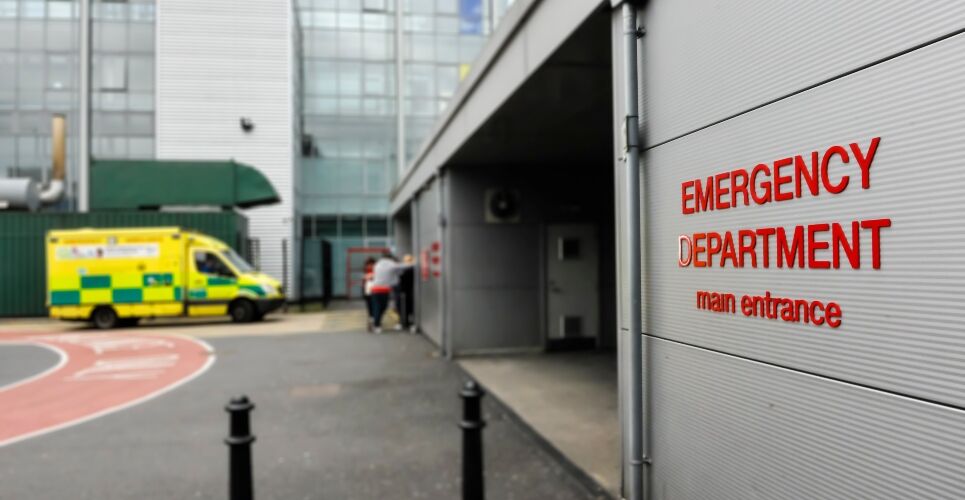Reports of ‘a very small number of people’ being hospitalised after using ‘potentially fake’ weight-loss pens, have been highlighted by the Medicines and Healthcare Regulatory Agency (MHRA).
Serious side effects of those hospitalised, including hypoglycaemic shock and coma, indicate that the pens may contain insulin rather than semaglutide, the MHRA said.
The UK regulator has seized 369 potentially fake Ozempic (semaglutide) pens since January, and has also received reports of fake Saxenda (liraglutide) pens that have been obtained by patients in the UK through non-legitimate routes.
‘Buying prescription-only medicines online without a prescription poses a direct danger to health,‘ the MHRA said. ‘With any medicines bought outside of the legal supply chain, the contents may not match the ingredients on the label.‘
It added: ‘If anyone has a concern about their health, they should visit their GP or pharmacist, get a correct diagnosis and if medicines are prescribed, obtain them from a legitimate source.’
Saxenda is authorised in the UK for weight loss alongside diet and exercise, while Ozempic has been authorised for the treatment of adults with type 2 diabetes, also alongside diet and exercise. Ozempic is not authorised for weight loss, but it is commonly used off-label for that purpose.
MHRA chief safety officer Dr Alison Cave said: ‘Buying products such as Ozempic or Saxenda without a prescription, from illegally trading suppliers, significantly increases the risk of receiving something which is either fake or not licensed for use in the UK.
‘Products purchased in this way do not meet our strict quality and safety standards, and taking such medicines may put your health at significant risk.
‘We are advising all members of the public not to use any pre-filled weight loss pens they may have bought online and instead to report it to us so that we can investigate and take any necessary action.’
Health minister Will Quince added: ‘No one should put profit before the needs of patients, but fraudsters selling black market medicines like this are extremely dangerous and can put people’s health at risk.
‘The medical advice is clear: patients should only use medicines like Ozempic or Saxenda where they’ve been prescribed it by a legitimate source, such as their GP or another legitimate prescriber.
‘The MHRA have our full support in cracking down on these illegal online suppliers to ensure that patients are protected.’
Earlier this month, the MHRA said that pre-filled pens falsely labelled as Ozempic had been identified in the UK supply chain, but that they were identified before reaching UK patients, and that all affected pens were recalled and accounted for.
The Federal Institute for Drugs and Medical Devices also highlighted that Ozempic counterfeits had been identified at wholesale level in Germany and couldn’t rule out that they were also present in the country‘s distribution chain.
‘All pharmacists are therefore asked to check all primary packaging for authenticity before dispensing the medicine to patients until further notice,‘ it said.
The issue is currently being investigated by EU medicines regulatory authorities and the police.
Shortages of GLP-1 receptor agonists like semaglutide are expected to continue in the UK for at least the next year, with pharmacists, GPs, government and patient groups raising concerns that an increase in off-license demand for weight loss was putting supply at risk for patients with diabetes.
A version of this article was first published by our sister publication Pulse.

